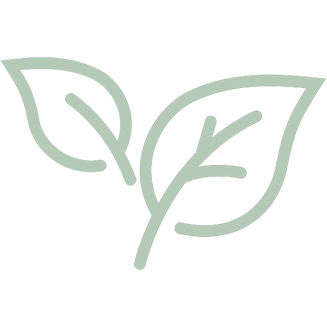At the Early Childhood Australia Conference we attended in September, we saw Dr. Kristie Brandt speak about infant and toddler mental health. During her presentation she talked to us about children’s developmental agendas and the the significance of our response to this.
The developmental agenda was something of a new term for us, but it essentially directs educators to focus on what the child is trying to learn in that particular moment, and how we then respond to that, by either embracing it, putting limits on it, or punishing it.
She shared with us a series of images to help make the concept clear. One that really resonated was an image of a child, crawling but not yet walking, sitting on the open door of a dishwasher. She asked us to consider firstly what our immediate response might be; how would we react if we came into the kitchen and saw this?
Next she asked us to consider the developmental agenda; what is the child trying to do here? What might they be thinking, wondering, trying to achieve? Do they see significant adults in their life working in the dishwasher and want to know what is so fascinating about it? Have they figured out that’s where the dishes go when they are dirty, and want to help put them in? Are they looking for a clean cup because they are thirsty? What are they trying to learn?
Finally Dr. Brandt asked us to reconsider our response to the child; do we embrace the developmental agenda, put limits on it, or punish it?
To embrace the developmental agenda we might hand the child a cup and show them how to put it on the shelf, and talk about washing the dishes.
To put limits on the developmental agenda we might explain to the child what the dishwasher is for and talk them through it, whilst also removing them from the door and helping them stand up to use it.
To punish the developmental agenda we might loudly yell; “Get out of there!” and quickly remove them from the space in a rough and ready way, letting our crossness show.
Dr. Brandt encouraged us to think carefully and critically about our response to children’s developmental agendas and how this impacts not only on children’s learning but their wellbeing. What is the impact of our words and actions, which seem insignificant in the course of a day, but have such power in the moment? And what is the accumulated affect of these responses? What are we telling children?
What is the developmental agenda, and are we embracing it, putting limits on it, or punishing it?
